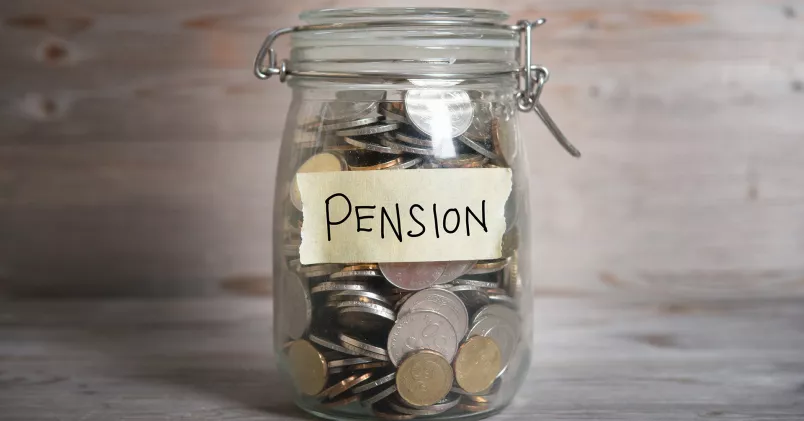Nyligen presenterade regeringen sitt förslag för hur osakliga löneskillnader mellan kvinnor och män ska minska. Förslaget bygger på EU:s direktiv om lönetransparens.
Från den 1 juli ska arbetsgivare informera kandidater om ingångslön eller ingångslöneintervall. Det blir förbjudet för en arbetsgivare att fråga en arbetssökande hur mycket han eller hon tjänade på sitt förra jobb.
Nina Larsson (L) är jämställdhetsminister och övertygad om att förslaget kommer att ge minskade löneskillnader mellan kvinnor och män.
– Ökad transparens leder i rätt riktning och gör att vi kan arbeta bort osakliga löneskillnader. Förslaget kräver god struktur hos arbetsgivarna, med bra lönekriterier och saklighet i lönesättningen. Det är positivt för att komma åt lönegapet, säger hon.
Hjälper det verkligen att få veta att ingångslönen är exempelvis 22 000 kronor? Hur minskar det skillnaden mellan kvinnors och mäns löner?
– Det är inte ovanligt att en osaklig löneskillnad cementeras när man byter jobb. Den risken raderas genom förbudet mot att fråga vilken lön någon har i dag.
Men om en kvinna och en man söker ett jobb med ett ingångslöneintervall på mellan 22 000 och 23 000 finns inget hinder att ge kvinnan 22 000 kronor och mannen 23 000 kronor?
– Lönediskriminering är förbjudet redan i dag. Diskrimineringen försvinner inte med det här lagförslaget, men ökad insyn och transparens och förbud att ställa lönefrågor till en kandidat minskar risken för en osaklig lönesättning, säger Nina Larsson.
Rätt att begära ut snittlöner
Med de nya bestämmelserna har anställda dessutom rätt att få information om lönekriterier. En anställd ska också kunna få information om snittlöner för kollegor som utför lika eller likvärdigt arbete.
Hjälper det en att veta vilken snittlön ens kollegor har?
– Ja, om man kan notera att samtliga personer som har högre lön än man själv har är män. Då har man möjlighet att ställa frågor om det. Dessutom har Diskrimineringsombudsmannen tillsyn över lönesättningen och får ökade resurser, bland annat för att få in lönerapportering från stora bolag, men också för att driva fall där DO anser att ett företag bryter mot lagen, säger Nina Larsson.
Måste motivera eller åtgärda löneskillnader
Större arbetsgivare blir skyldiga att sammanställa en lönerapport. Företag med mellan 100 och 249 anställda ska göra en sådan rapport vart tredje år. Större företag ska göra det årligen. I rapporten ska löneskillnaden mellan kvinnor och män framgå. Om löneskillnaden är fem procent eller mer ska arbetsgivarna antingen motivera löneskillnaden eller berätta hur den ska åtgärdas.
Finns det en risk att företagen alltid hittar sätt att motivera löneskillnader, i stället för att åtgärda dem?
– Vi har fortfarande individuell lönesättning, men löner ska vara sakliga. Om en arbetsgivare har en saklig grund för löneskillnaderna är det inget brott mot diskrimineringslagstiftningen. Om man däremot inte kan motivera löneskillnader sakligt ska de åtgärdas. Om de inte åtgärdas finns rättsliga möjligheter att driva frågan.
När tror du att förslaget om lönetransparens får effekt?
– Inom ett par år bör vi kunna se skillnad.











